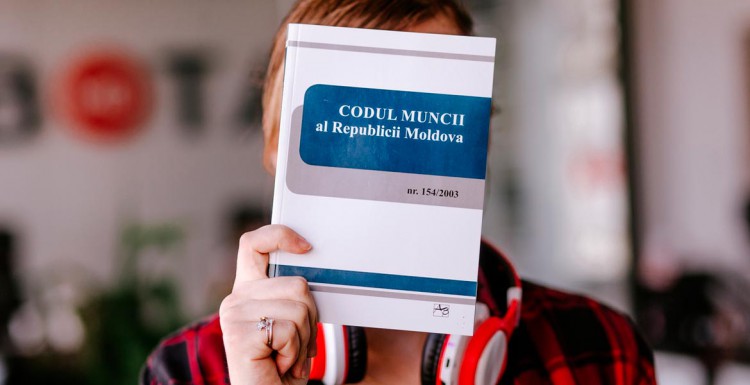The Government has approved a number of amendments to the Labor Code. The trade unions did not support some of these
On Wednesday, February 26, the Government approved a series of changes to the Labor Code of the Republic of Moldova. Although the draft law on modifications was developed within a tripartite working group, created under the aegis of the Ministry of Health, Labor and Social Protection (MHLSP), which included representatives of the ministry, trade unions and employers, the approved document contains a series of provisions on which the social partners have failed in reaching a consensus.
One of the changes that were not supported by the trade unionists concerns the temporary transfer of the employee, with its written agreement, to another job within the same unit, with the retention of the basic job. According to the National Trade Union Confederation of Moldova (CNSM), this fact will favor the abuses by the employers, leading to the violation of the legal rights and interests of the employees, who will be forced, under different pretexts, to accept the temporary transfer.
Another change is to ensure the possibility of applying the flexible work program, which includes unclear and defective regulations that may have different interpretations and unclear effects to the application process in practice.
Regarding the compensation of overtime work, CNSM warned that this change would be in contradiction with the international labor standards, such as the recommendation of the International Labor Organization (ILO) no. 116 “On reducing the working time”, which stipulates that “overtime work is paid at a rate exceeding the rate of payment for work performed during normal working hours.” The European Social Charter (revised) also states the workers’ right to an increased rate of pay for overtime hours.
Although the CNSM emphasized the need for expertize of the draft law by the International Labor Office (ILO) in the Notice transmitted by CNSM to the (MHLSP) in December 2019, presenting to the ILO the respective documents, but so far, there is no official response from the international organization. Regarding the opinion, that is mentioned in the informative note to the draft law, as “the solutions proposed in the draft law are in the spirit of European legislative practice, this is purely technical and cannot be qualified as an official expertise of the International Labor Office.



